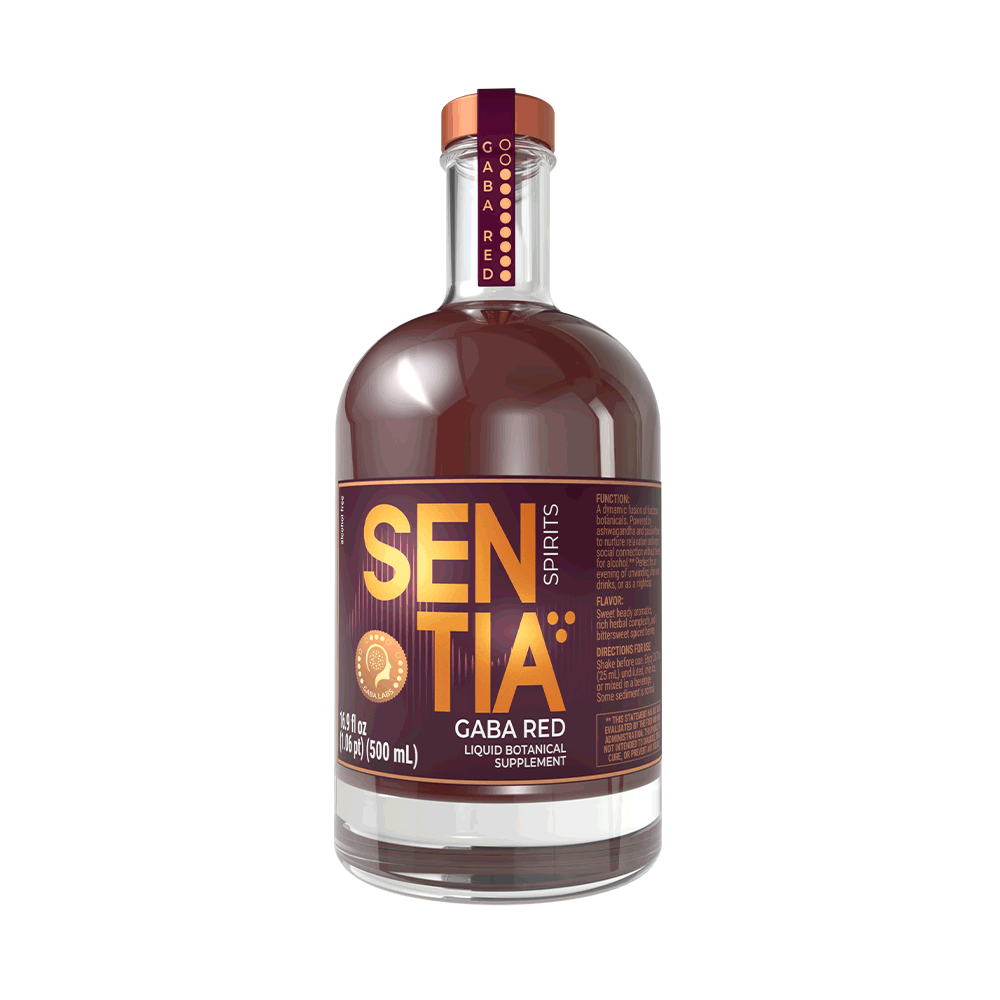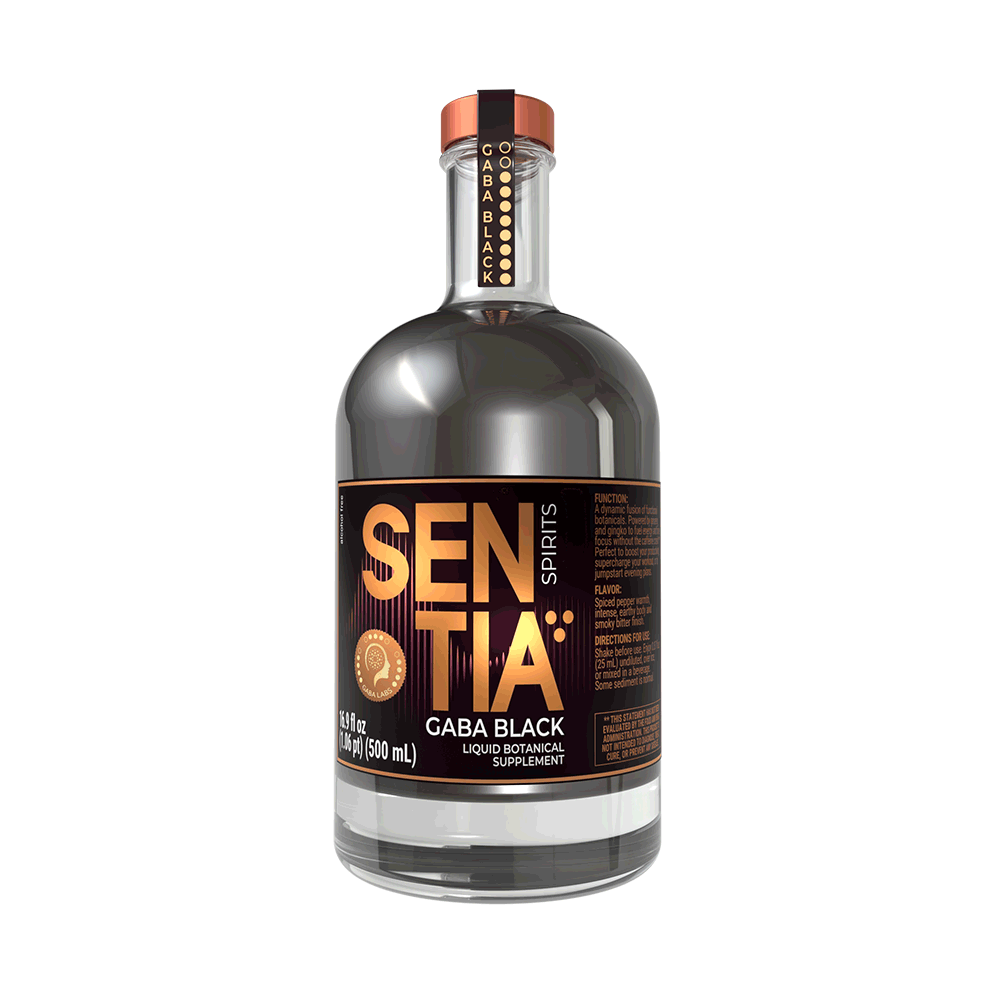Optimise your gut microbiome with diet and lifestyle changes
A thriving gut microbiome is crucial to your health.
As we’ve written before, booze can wreak havoc with the communities of essential benign bugs in your gut. Of course, the best way to mitigate this damage is to limit your alcohol consumption. And whether you cut the booze or not, there are also some dietary and lifestyle strategies that can help optimise your microbiome and minimise the ongoing/historical costs of alcohol.
The Importance of Dietary Fibre and Diversity: Boosting Fibre Intake
Eating a diet rich in dietary fibre is foundational for gut health. Fibre-rich foods such as fruits, vegetables, legumes, and whole grains provide the necessary nutrients that fuel gut bacteria, promoting a healthy gut environment.
Embracing Plant Diversity
Increasing the variety of plant-based foods in your diet can significantly impact your gut microbiome. Aiming for 30 different plant foods each week can improve microbial diversity, which is linked to better health outcomes.
The Role of Prebiotic Foods in Gut Health
Prebiotics are dietary fibres that the human body cannot digest. They serve as food for beneficial gut bacteria, particularly promoting the growth of bifidobacteria and lactobacilli. These fibers are found in many fruits, vegetables, and whole grains.
Key Prebiotic Foods
Bananas and Apples
: Easy to incorporate into any diet, these fruits are excellent sources of soluble fibres.
Garlic and Onions
: Rich in inulin (a fibre indigestible to you, but great for bacteria) and fructooligosaccharides (a substance plants use to store carbohydrate) which enhance bifidobacteria in the gut.
Whole Grains
: Foods like barley and oats are not only high in dietary fibre but also contain beta-glucans (which plants use to fight of microbes, maintain rigidity in their cells, and stay hydrated) that have prebiotic benefits.
For more about incorporating prebiotic foods into your diet, check out Zoe.
Benefits of Probiotics for gut health
Probiotics are live bacteria and yeasts that are good for your health, especially your digestive system. They help restore the natural balance of bacteria in your gut and are crucial in preventing and treating gastrointestinal issues.
Key Probiotic Foods
Yogurt and Kefir
: These dairy products are excellent sources of lactobacilli, a type of bacteria that can benefit your gut.
Sauerkraut and Kimchi
: Fermented vegetables that provide a rich source of probiotics and enhance gut flora.
Miso and Tempeh
: Fermented soy products that offer a unique blend of probiotics and nutrients.
Learn more about the benefits of probiotic foods here.
Minimising Ultra-Processed Foods
Ultra-processed foods are high in sugars, fats, and additives that can disrupt the gut microbiome. Limiting these foods is crucial for maintaining a balanced gut flora.
Cutting Down on Sugars and Fats
Reducing the consumption of excessive sugars and fats is essential for gut health. These components can favour harmful bacteria and upset the microbial balance. Tips for reducing fat intake for a healthier gut are available here, but one of the best ways to cut excess calories is to limit your booze. Check out our blog on alcohol and calories here.
Lifestyle Changes for Gut Health: Improving Sleep and Hydration
Quality sleep and proper hydration play a critical role in maintaining gut health. Hydration helps keep the digestive system running smoothly, while sleep has a direct effect on the microbial balance.
Want to improve your sleep? Once again, limiting your alcohol can help on that score. You can find some practical advice for improving your sleep in our journal, here & and here.
Want some help cutting down on alcohol?
Many of our customers have turned to SENTIA to help them reduce or eradicate their alcohol consumption. If you want to head down this road yourself, go to this SENTIA page to see what's available.



